Why Do You Care About Healthcare In America?
For decades the vast majority of Americans have been enjoying healthcare coverage through their employers. However, for the past decade, healthcare has dominated the political and social spheres of America. Especially with the 2020 Presidential election on the horizon, healthcare is the top concern of American voters. Many of the discussions surrounding healthcare today have to do with access to healthcare and coverage. Yet, there is very little discussion about the health issues millions of Americans face today. Which raises the question proposed at the very beginning, what made Americans so concerned about healthcare in a country where less than 10% of population doesn’t have health insurance?
Persuasion and populism are some of the greatest factors that started to make Americans care more about their healthcare. The problem was and still is, that healthcare is broken at many levels, whether you are insured or uninsured. Many of us probably know someone that has been affected by the broken healthcare system in America. The different experiences of our broken healthcare system led Americans to advocate for change. Millions of people started to care because the realities of a broken system started hitting home, especially after the 2008 recession in the US. Even now with the Trump Administration, millions of Americans are worried about the rising costs of healthcare.
The high costs of healthcare and coverage issues largely contributed to the rise of activism surrounding healthcare. President Obama capitalized on the fears and concerns that Americans had at that time surrounding their healthcare. Even after the implementation of the Affordable Care Act (ACA), the Obama Administration used factors of persuasion to garner public support.
Now, nearly a decade after the ACA being passed, you see both sides of the political spectrum utilizing populist tactics to garner or diminish support for the landmark legislation. You might be wondering, isn’t populism a bad thing? It’s not a simple answer; it ultimately depends on what beliefs are held by you or better yet, what you are told to believe. This is how the combination of populism and persuasion created the conversations we have on healthcare access today. A decade ago, Americans were concerned about losing healthcare coverage. Today, Americans are worried about rising healthcare premiums and losing the guarantee of healthcare coverage.
This is more than just policy, this directly impacts every life in America. Populism and persuasion ultimately play on our emotions, it makes us believe what we believe. Today there is a consensus that Americans should have guaranteed access to healthcare coverage. Even those that vehemently opposed the ACA, like the Trump Administration and members of the Republican Party; have now changed their tune because of the outcry from their own supporters worried about their health and access to healthcare coverage. Americans saw back in 2017 that even Republicans could not harm the ACA and even members of the Republican party persuaded their elected representatives to not dismantle the legislation.
The future will only tell what becomes of healthcare in America, but there is a lot of hope. The majority of Americans support the right to guaranteed healthcare access and do not want it taken away. The improvements to our healthcare system will come about through forms of persuasion that play on our emotions. Despite the implementation of the ACA, the premiums of health insurance have skyrocketed, giving rise to ideas like Medicare for all or a single-payer system, both of which have rapidly gained traction since 2018 and now also dominate the 2020 election.
The fear of rising costs and affordability resonates with Americans of all beliefs and backgrounds. The possibility of such concepts is not far-fetched; it could very well become a reality quicker than we think. Nearly a decade ago it would have been unfathomable to think legislation like the ACA would be enacted but look where we are now. As each day passes, the belief in the right to healthcare grows, the belief in affordable healthcare grows, the belief that we should have control over the health of our lives grows. The emotions that communities face with a broken healthcare system will continue to persuade political and social changes. Our families, friends, and surroundings will influence to what level we care about our healthcare system.
Ultimately, this brings goes back to the question asked at the very beginning of this article — why do you care about healthcare?
However you answered and after reading this article, hopefully it has made you think differently about healthcare in America. Facts and science alone do not influence our decisions, but rather in combination with our emotions. This is what truly persuades our thought process and decisions. So next time you consider your rationale behind a decision, think of your core values, beliefs, and how they drive your decisions.
The answer is far more complex than a mere fact.
Written By Pavan L.
Oct 11, 2019
Social Share
Latest Blogs
Breakthrough AI Study Unveils Gender-Specific Brain Features Linked to Cognitive Functions
In a new groundbreaking study, researchers...
Biohacking the World – The Future of Genetics
The genetic code of humans is what sets us...
The Impact of Healthcare Information on Covid-19 Perception
In the United States they are over 5.2...
10 Things You Need For Your First Day of Clinical Rotations
My name is Keshu Mahesh and I’m currently a...
Coronavirus in the US: Latest Updates on the Covid-19 Pandemic
Updated March 30, 2020, 9:00 PM EST In the...
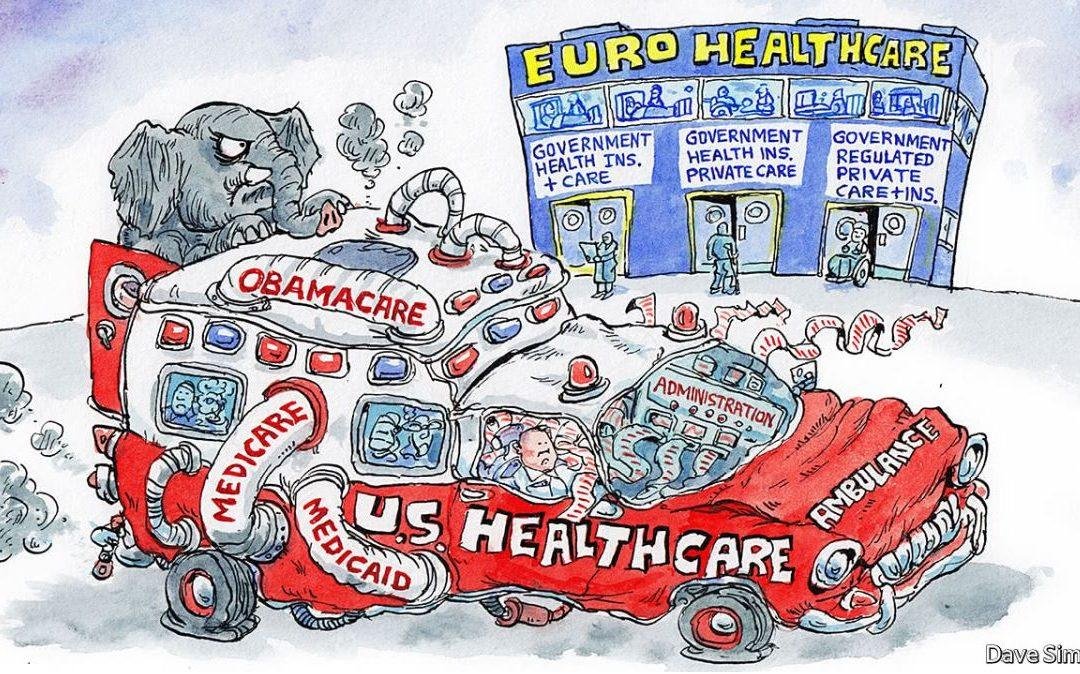

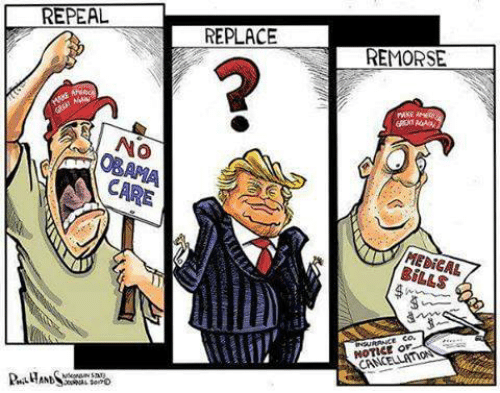


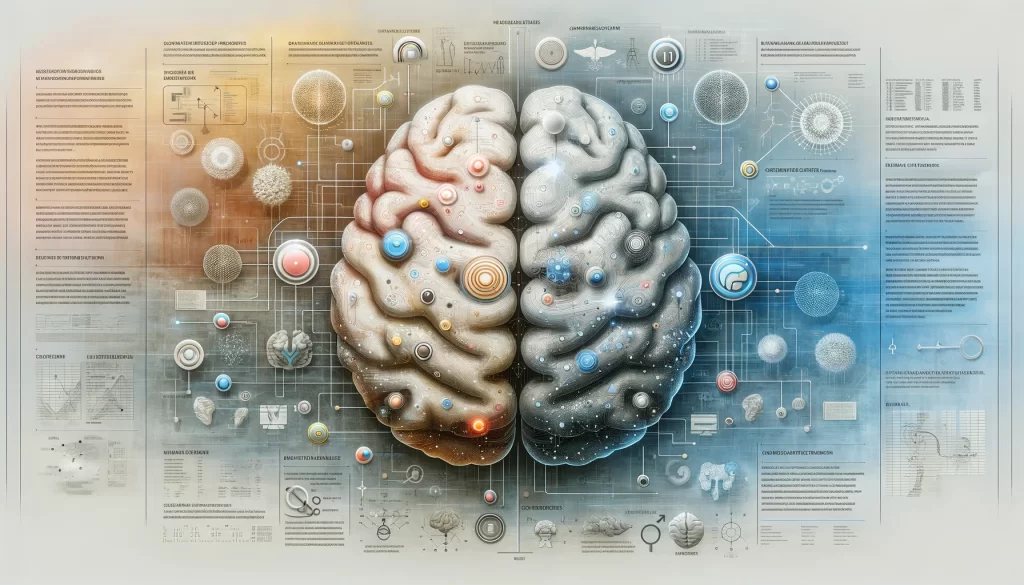
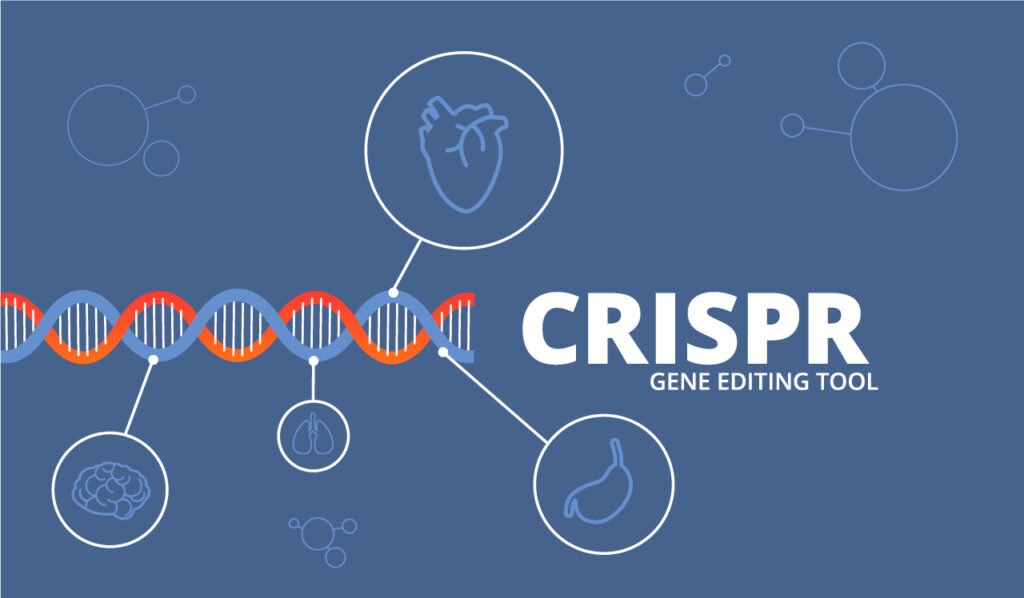
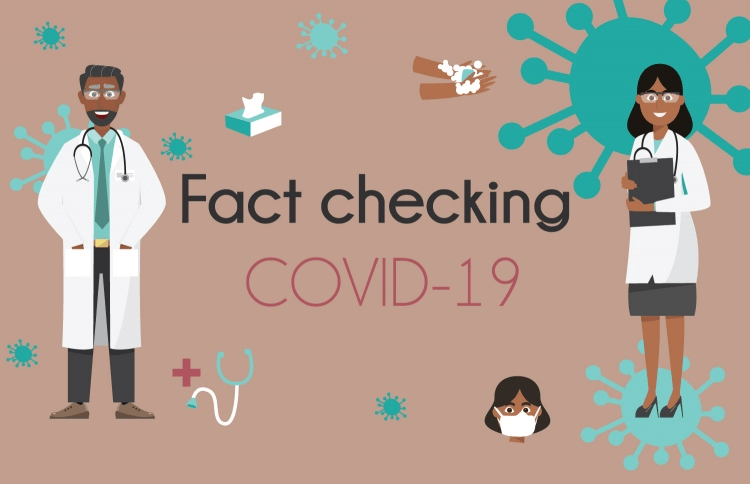

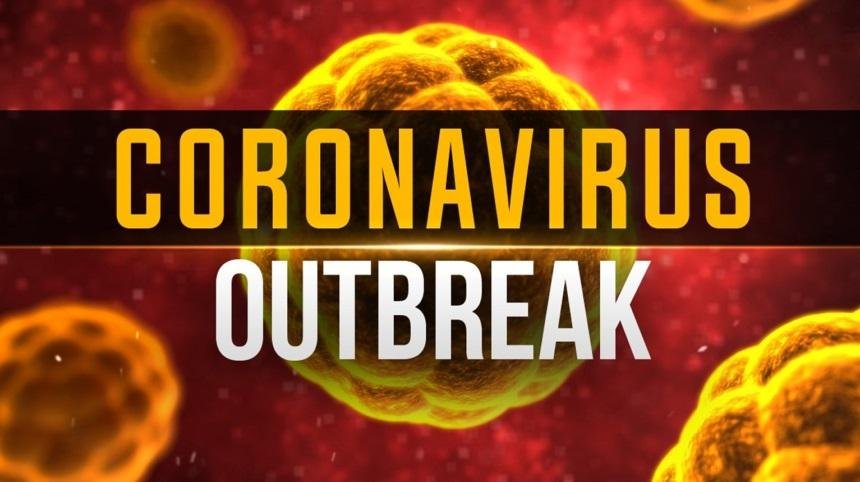
0 Comments